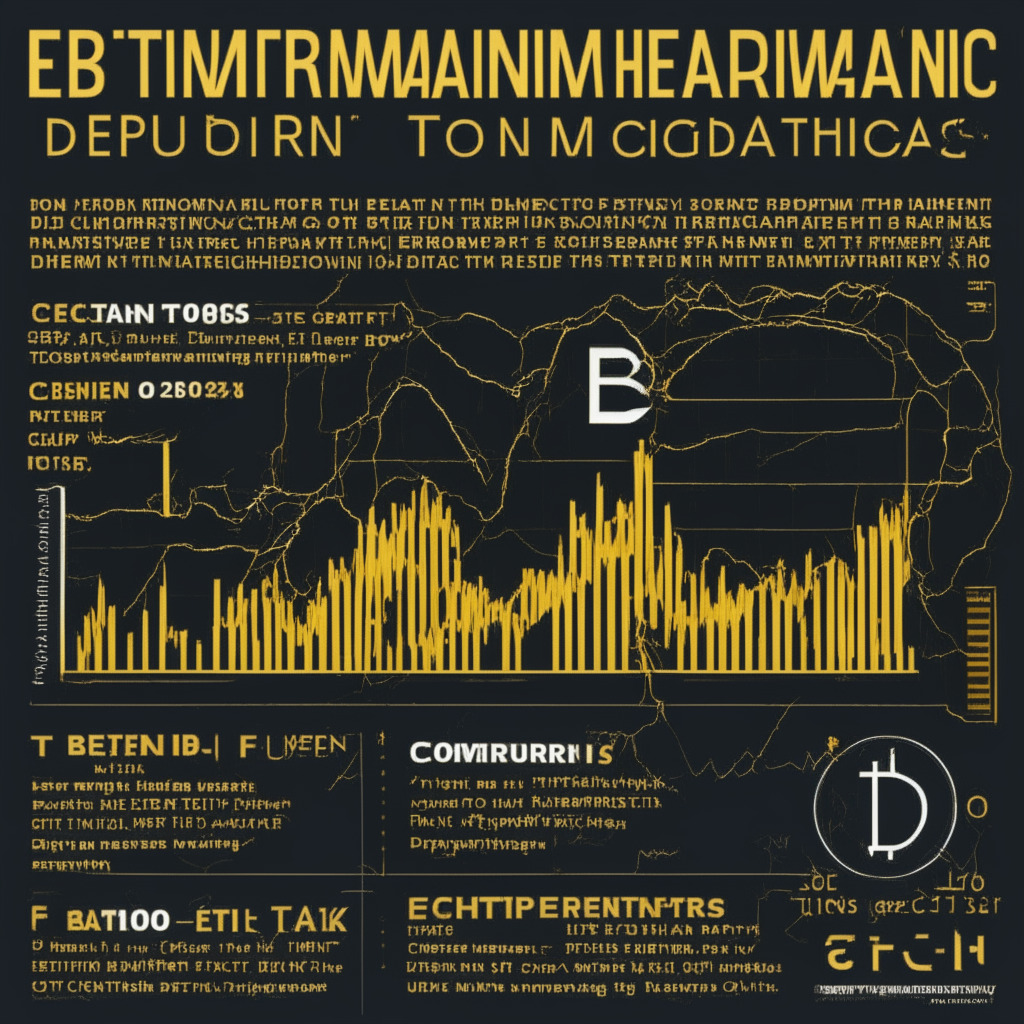Crypto market enthusiasts are gearing up for the upcoming U.S. Federal Reserve Federal Open Market Committee (FOMC) meeting, with many taking a cautious stance in anticipation of potential central bank interest rate decisions. The majority of traders expect a “hawkish” pause, meaning that interest rates would remain unchanged while leaving the possibility of increasing them in the future. This level of uncertainty has led to bearish bets on Bitcoin (BTC) trading at a higher premium compared to its bullish counterparts, indicating a nervous mood in the market.
While the outcome of the FOMC meeting remains uncertain, crypto exchange Binance.US was able to dodge a potential roadblock as a federal judge declined to approve a temporary restraining order freezing its assets. The decision allows Binance.US to continue operating while negotiating with regulators on business restrictions. Given the current circumstances, it is evident that the cryptocurrency market remains riddled with regulatory challenges.
However, the recent U.S. Securities and Exchange Commission (SEC) lawsuits against Coinbase and Binance have not deterred the growth of certain digital assets. Binance’s BNB token and Chainlink (LINK) both saw considerable gains, up 5% and 3% respectively. With top-performing digital assets seemingly unfazed by regulatory concerns, the question arises: are crypto market players becoming less sensitive to such challenges?
Interestingly, Bitcoin supply on crypto exchanges has reached its lowest levels since February 2018, according to on-chain analytics firm Santiment. The drop has been substantial since the SEC’s lawsuits against Coinbase and Binance earlier this month. With 6.4% of supply leaving exchanges in the past week, data shows that supply has been steadily decreasing since its peak in 2020. This suggests that traders and investors are opting for self-custody over leaving their assets on exchanges, perhaps seeking more security amidst regulatory uncertainty.
The ongoing debate between the potential benefits of decentralized finance and the need for tighter regulations continues to shape the market’s outlook. As the U.S. Federal Reserve’s benchmark fed funds rate adjusted for inflation has turned positive, zero-yielding assets like gold and Bitcoin may lose some of its appeal. Whether this shift in sentiment will have a lasting impact on the cryptocurrency market remains to be seen.
As investors and traders closely watch the outcome of the FOMC meeting and regulatory developments, it is essential for crypto enthusiasts to stay informed and remain cautious with their investments. The future of blockchain technology and the cryptocurrency market will undoubtedly be shaped by the unfolding events and the delicate balance between the pros and cons of this burgeoning financial ecosystem.
Source: Coindesk




